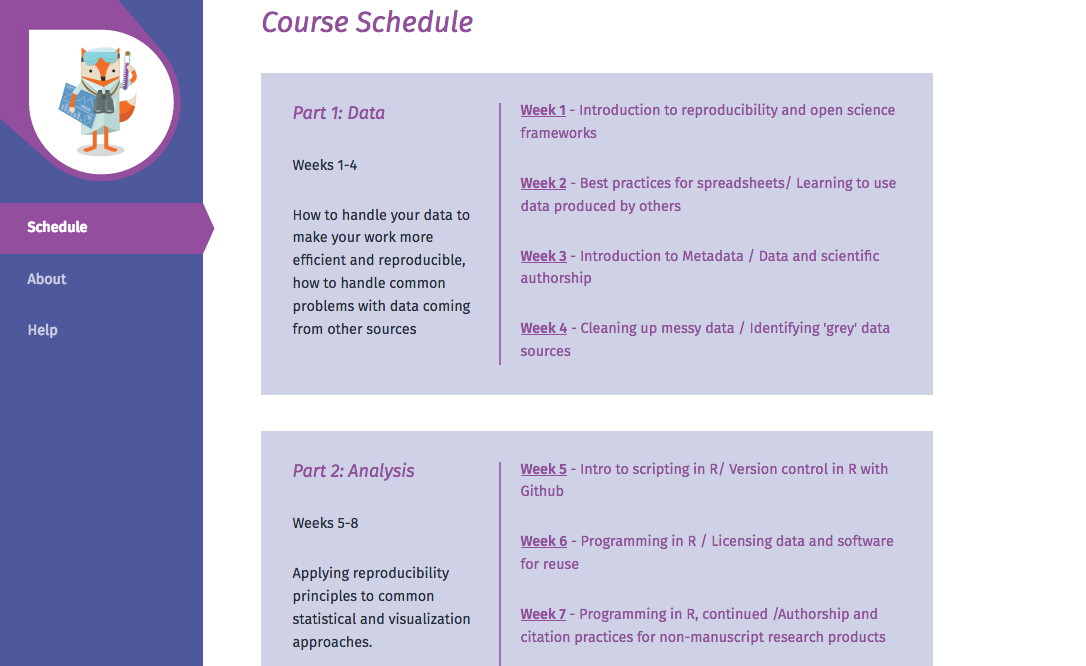4.6 Collaboration in Open Research & Open Source
The idea of “open research” is inspired in part by the open source movement in software engineering. Open source software is often developed collaboratively by engineers and designers who are inspired and motivated by the project’s vision to contribute time and expertise. Collaboration increases the skills and resources devoted to achieving a common goal, and diversifies the perspectives and problem-solving capabilities of the group working toward that goal. Collaboration in the open source world has elements in common with formal collaboration that’s common in academic research. In both models, collaborators must effectively:
- Define a common goal (this may take some negotiation)
- Create good working relationships among collaborators
- Share resources (expertise, equipment, materials, data, code, work hours)
- Communicate regularly about process and progress
- Share decisionmaking about the project’s direction
- Give clear, fair credit to all contributions to the project.
In the open source world, barriers to collaboration can be very low. Here are some of the things that open source projects do to make sustained collaboration easier:
- Post source code and clear documentation in an open repository
- Choose version control software (like GitHub) that enables logging and documenting every contribution, so it’s clear who did what
- Use an online platform (like GitHub) for collaboration, so anyone with a web browser and some skills can communicate with project leaders and contribute
- Leverage the project management, communication, and discussion features of online tools (again, like GitHub!) to streamline work
- Build mentorship into the project plan, so new contributors can make connections in the field, sharpen their skills, and “level up”-- these are great motivators for participation!
With encouragement, on open source projects we’ve seen groups of contributors coalesce into sizable communities that advocate for the project and persevere through difficulties.
While research collaborations have their own constraints and particular requirements, many collaboration tools and practices from open source can useful in open research. Collaboration is not without its challenges and pitfalls: lots of researchers struggle with questions of authorship, who will take the role of lead or champion, and which technologies to use for collaboration and communication. Mozilla Science Lab offers support, resources and learning materials, such as our Working Open Workshops, and the Open Leadership Training Series, to teach best practices for working open and help foster effective collaboration.
In your Mozilla Study Group you can boost collaboration skills by sharing expertise, reviewing each other’s code, working in GitHub to facilitate discussion and organize group meetings, events, and content. Groups may also take on a project together, like creating a specialized code library, a series of lessons on a certain tool or topic, or even working to publish a paper together.
In 2015, Mozilla fellow Dr. Christie Bahlai developed a course called "Reproducible Quantitative Methods"that emphasizes collaboration skills and data re-use.

Here's more from Christie about that course.
A comprehensive instructor guide is available for the course, and free to be remixed and reused. We encourage Study Groups to use these materials in whatever way works best for their group!